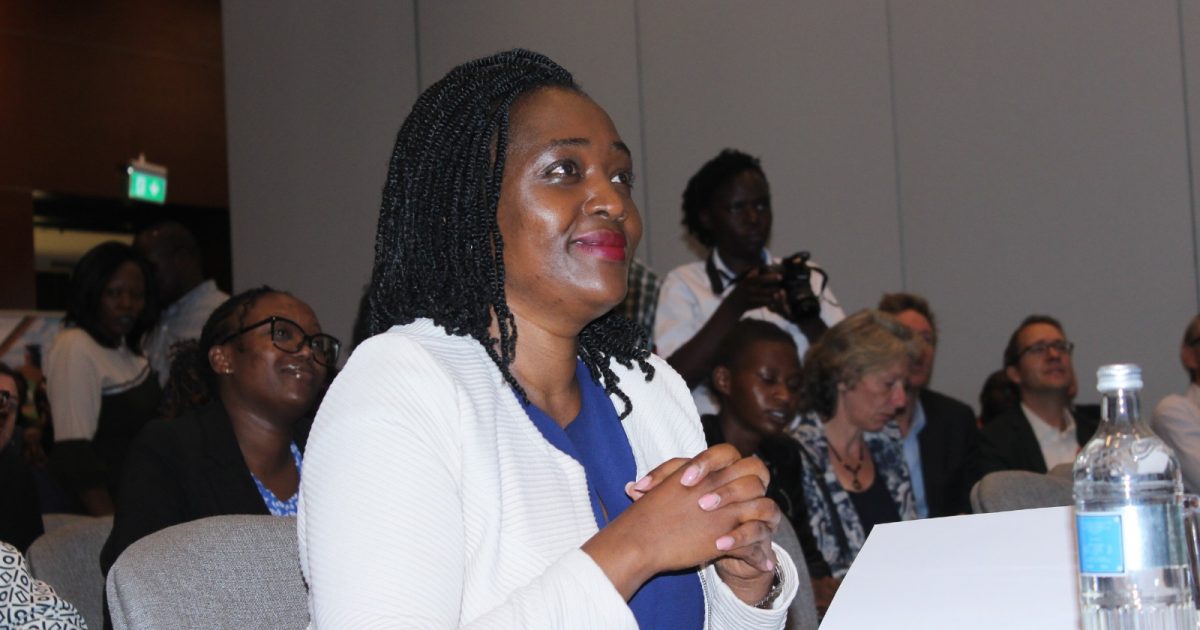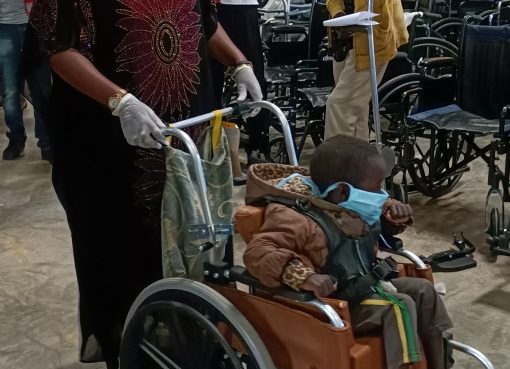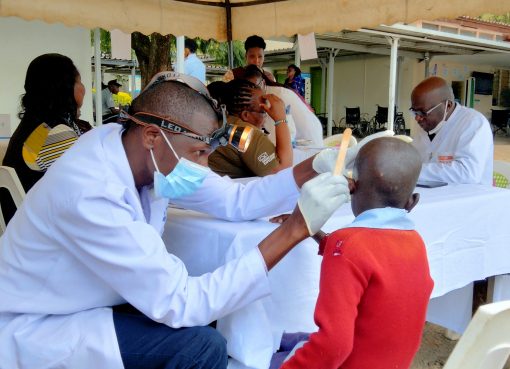The Kenya Association of Manufacturers (KAM) has hosted a Loop Forum that seeks to unpack policies geared towards driving a circular economy in Kenya through responsible and sustainable consumption and production.
The Loop Forum which saw KAM partner with the Royal Danish Embassy in Nairobi, the Embassy of the Kingdom of the Netherlands to Kenya, and the Ministry of Environment, Climate Change, and Forestry deliberated on policies that will accelerate the transition to a circular economy.
Environment, Climate Change and Forestry Cabinet Secretary (CS) Ms Soipan Tuya reiterated the Government’s commitment to transition Kenya from the linear model to a circular economy.
Speaking at the forum, Tuya said the government has developed the Circular Economy Strategy, and is set to operationalize the Waste Management Council.
“Our plan focuses on people, the planet, and profits. The idea is to ensure that the goods of today become the resources of tomorrow. To this end, we shall soon pass the Extended Producer Responsibility (EPR) Regulations and revise the Waste Regulations 2006 to include all kinds of waste,” stated Tuya.
Further, the CS said that the government will provide the entire legislative framework required and also set an agenda for the ecosystem restoration, advocacy for implementation of a circular economy for Kenya and the area of climate change.
“In Ethiopia, their greening legacy initiative targeted the planting of twenty billion trees in four years but ended up surpassing twenty-four billion trees. However, for us Kenyans, we are targeting fifteen billion trees in ten years of which, with discipline and responsibility, is totally achievable,” Tuya noted.
She pointed out that anything can be considered as healthy food for something else and therefore everyone should redesign the entire system to fight climate change and promote waste management in the country.
Danish Ambassador to Kenya, Amb. Ole Thonke, identified opportunities in the circular economy.
“By adopting a circular economy, we shall create markets for Kenya, Netherlands and Denmark, which shall subsequently benefit citizens, businesses and government. We urge Kenya to prioritize this transition, by creating an enabling environment for all,” Thonke said.
The Ambassador of the Kingdom of the Netherlands to Kenya – H.E. Maarten Brouwer called for the efficient use of resources by manufacturers.
“The current crisis facing Kenya are attributed to the effects of climate change. A circular economy is the surest way of safeguarding our future. There is a flourishing recycling industry in the country, which if tapped into, shall lead to job creation,” said Brouwer.
He expressed optimism that the forum has come at an opportune time, as Kenya shifts from multi-stakeholder engagement to policy development and implementation.
Meanwhile Kenya Association of Manufacturers Board Director, Mr Mucai Kunyiha observed that Kenya’s business community recognized that accelerating the transition to a circular economy is one of the surest ways of securing the future of the planet.
“The uptake of the circular economy is more and more feasible and needs to be valued. On the other hand, the global manufacturing landscape is undergoing profound transformation characterized by technological innovations geared towards process efficiency and resource recovery, use of clean energy sources, impact-centred global agreements and policies, and responsible production and consumption as we shift to a circular economy,” he said.
Unfortunately, according to Kunyiha, the uptake of critical tenets of the circular economy in Kenya remains low. He revealed that this low proportion is attributed to low levels of awareness, taxation and regulations that hinder the transition to a circular economy.
“It is important that all partners, including government and stakeholders, adapt to the changing trends to drive sustainability,” Kunyiha stressed.
By Garvin Patrick





